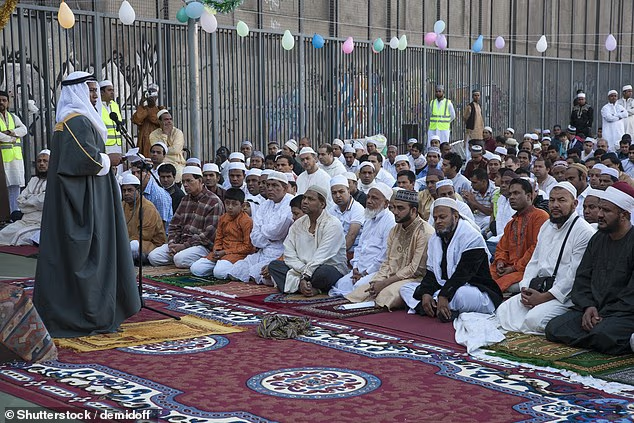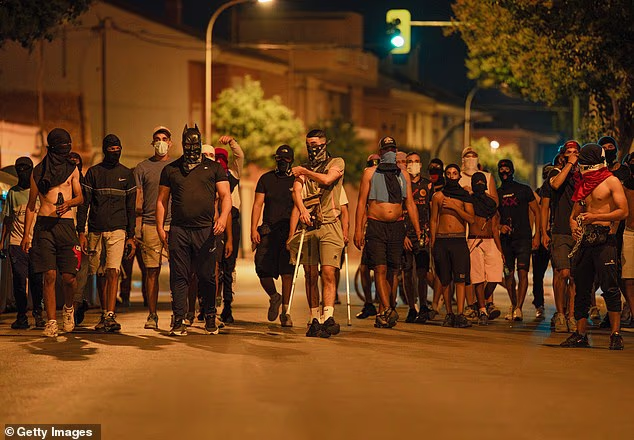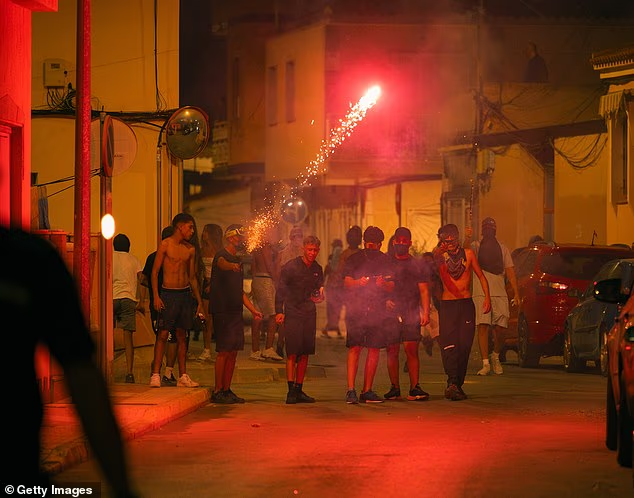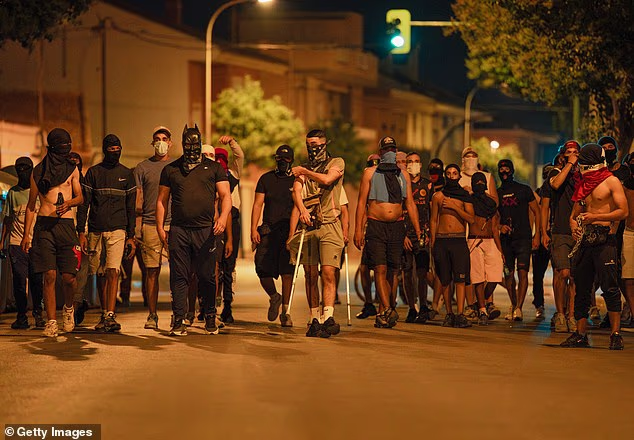A town in southeastern Spain has drawn national and international attention after implementing a controversial ban that prevents Muslims from celebrating Eid in public venues. Jumilla, located in the Murcia region and home to about 27,000 residents—roughly 7.5% of whom are from predominantly Muslim countries—has become the first town in Spain to pass such a measure.
The ruling, supported by the conservative People’s Party (PP) and the far-right Vox party, prohibits the use of public buildings such as sports complexes and community centers for activities deemed “foreign to our identity,” unless they are officially sanctioned by the local government. This effectively blocks Muslim residents from using these spaces to celebrate religious events like Eid al-Fitr and Eid al-Adha.

The decision comes on the heels of violent unrest in Torre Pacheco, a town just 70 miles away, where anti-migrant riots erupted following allegations that a 68-year-old local man was assaulted by three Moroccan youths on July 9. The attack reportedly fueled tensions, with anti-immigrant sentiments intensifying in the region.
Critics have described the ban as a veiled attack on Islamic customs, warning that it may violate constitutional rights. Spain’s Constitution guarantees freedom of religion under Article 16, limited only by concerns over public order.
Vox celebrated the move publicly, stating on social media: “Thanks to Vox, the first measure to ban Islamic festivals in public spaces has been approved. Spain is, and always will be, a land of Christian people.”

The reaction from Muslim communities has been one of outrage. Mounir Benjelloun Andaloussi Azhari, president of the Spanish Federation of Islamic Organisations, denounced the ban as “Islamophobic and discriminatory,” adding that it targets only Islamic practices while ignoring other religions. “This is a direct attack on our faith,” he told El País, noting, “For the first time in 30 years, I feel afraid.”
Legal experts have signaled that the new law could be challenged in court, arguing that it infringes on constitutionally protected rights.
Francisco Lucas, the Socialist leader in the Murcia region, criticized the PP for using divisive tactics to gain political power. “They are undermining the constitution and jeopardizing social harmony,” he posted on X (formerly Twitter).
Former Jumilla mayor Juana Guardiola also spoke out, questioning the motives behind the term “our identity.” She reminded the public of Jumilla’s rich Islamic past, saying, “What about the centuries of Muslim influence here?”
Indeed, Jumilla’s history is deeply intertwined with Islamic heritage. Originally under Roman control, the town fell to Muslim rule in the 8th century and was known as Yumil-la until the 13th century, when it was taken by Christian forces under King Alfonso X of Castile. Initial agreements allowed for coexistence, but Muslim rule was eventually erased after Alfonso’s death.
The recent ban is seen by many as part of a broader European trend involving debates around national identity, secularism, and the treatment of religious minorities.

Separately, rising racial tensions were evident in Torre Pacheco, where two days of rioting broke out in July following the reported assault on the pensioner. Despite a heavy police presence, groups carrying clubs roamed the streets, apparently searching for immigrants, according to La Opinión de Murcia. Authorities revealed that messages circulating online had encouraged a so-called “hunt for migrants” from July 15 to 17, with some groups mobilizing ahead of schedule.
What began as a peaceful demonstration organized by the local town hall was soon taken over by individuals chanting anti-immigrant slogans. Nearly 100 extra police officers were deployed to restore order, with video footage showing riot police patrolling the streets.
This episode mirrors growing tensions elsewhere in Europe. Earlier this year in the UK, Norwood Primary School in Eastleigh, Hampshire, sparked backlash after canceling its traditional Easter Bonnet Parade and service. School officials cited a desire to respect religious diversity and promote inclusivity. In a letter to parents, Headteacher Stephanie Mander explained that the school chose not to hold religious-specific events to better reflect the beliefs of its diverse student body.



